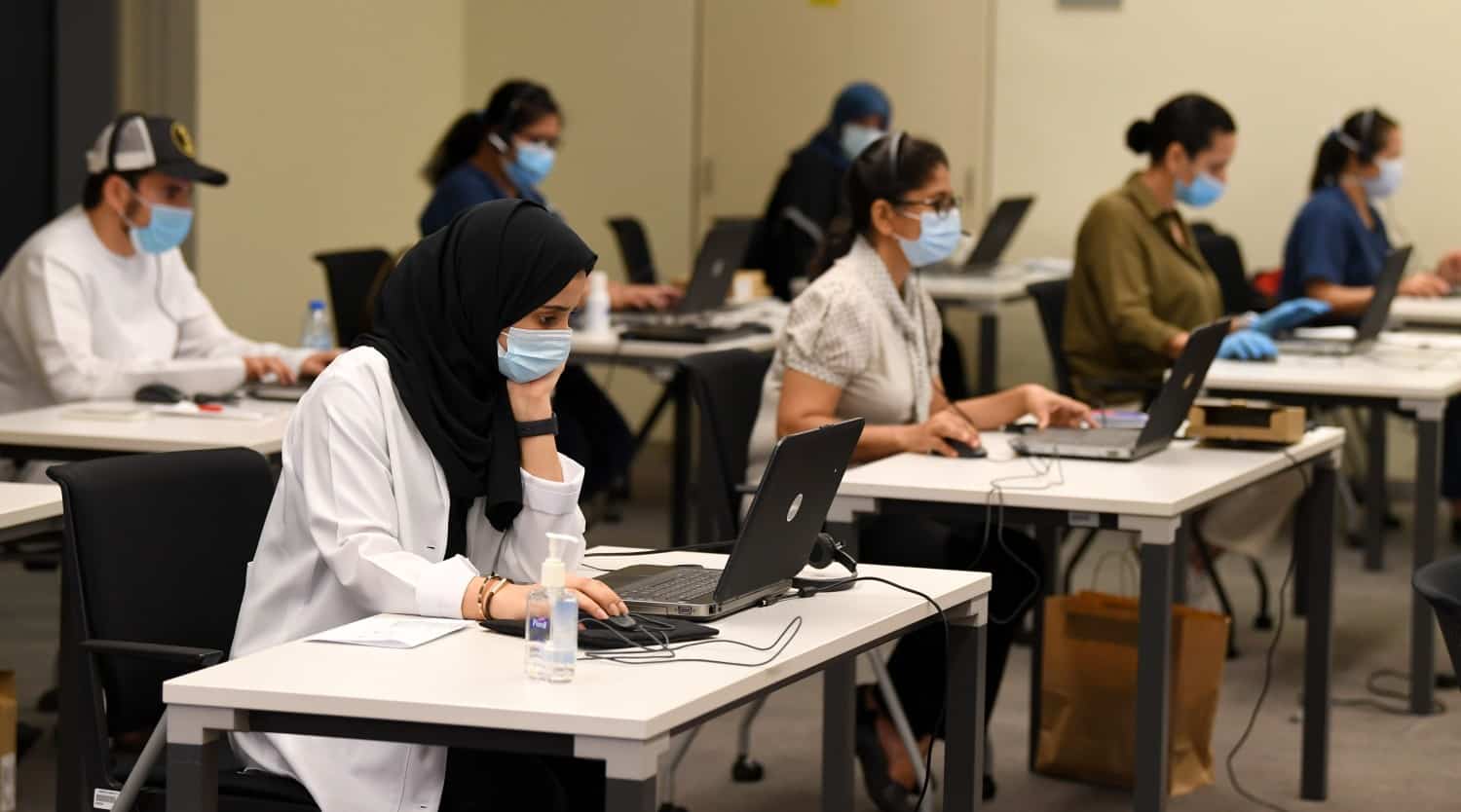Abu Dhabi, UAE — The UAE has achieved outstanding progress toward becoming a world leader in business skills as it ranked second worldwide and first among MENA countries in the “World Skills Report” published by Coursera.
The research found that students in the country scored a perfect 100 on various measures of business proficiency, including leadership and management, strategic planning and operations, communication, human resources, and entrepreneurship, exceeding students in any other country. As a result of their prowess in these sectors, the government has been able to experience rapid and widespread economic growth.
One hundred million people have utilized Coursera in more than 100 countries to gain new skills in the past year, and their collective data is the basis for the World Skills Report 2022.
The report examines the importance of business skills, technological proficiency, and data science in the future workplace.
It should be noted that a country is classified as having “leading” skills if its human cadres possess 75 percent or more of those skills. While it is classified as being “competitive” if their human cadres own 50 percent to 75 percent of those skills, as possessing “junior” skills if their human cadres possess 25 percent to 50 percent of those skills, and as having “late” skills if their human cadres include 25 percent or less of those skills.
The survey claims that 642,000 students in the UAE use the Coursera platform; the average age is 34; 42 percent are female, and 44 percent access their courses using mobile devices.
Coursera’s report found that the educated population of the country had exceptional proficiency in marketing (92 percent), accounting (90 percent), and sales (80 percent), with 56 percent of them ranking as particularly competitive in this area.
Technology and data science
According to the survey, the UAE — rated 69th globally in terms of technology skills and 67th in data science — has a significant chance to improve the mastery of human cadres in these areas in support of the aims of digital transformation.
Students in the UAE scored an impressive 89 percent on a test measuring their knowledge of information security engineering, a vital competency for designing and rolling out effective cybersecurity policies and programs.
The report found that students in the UAE have above-average knowledge of databases (57 percent) and operating systems (57 percent), as well as computer networks (56 percent). Web development (41 percent), computer programming (34 percent each), cloud computing (34 percent), and software engineering (29 percent). Furthermore, the survey highlighted “late” mobile development skills at 17 percent.
Students in the UAE scored “competitive” in data analysis (60 percent) and “leading” in mathematics (75 percent) at the level of data science. In addition, machine learning (13 percent), statistical programming (38 percent), data visualization (48 percent), and data management (43 percent) were all identified as areas where advancement is needed in the report.








